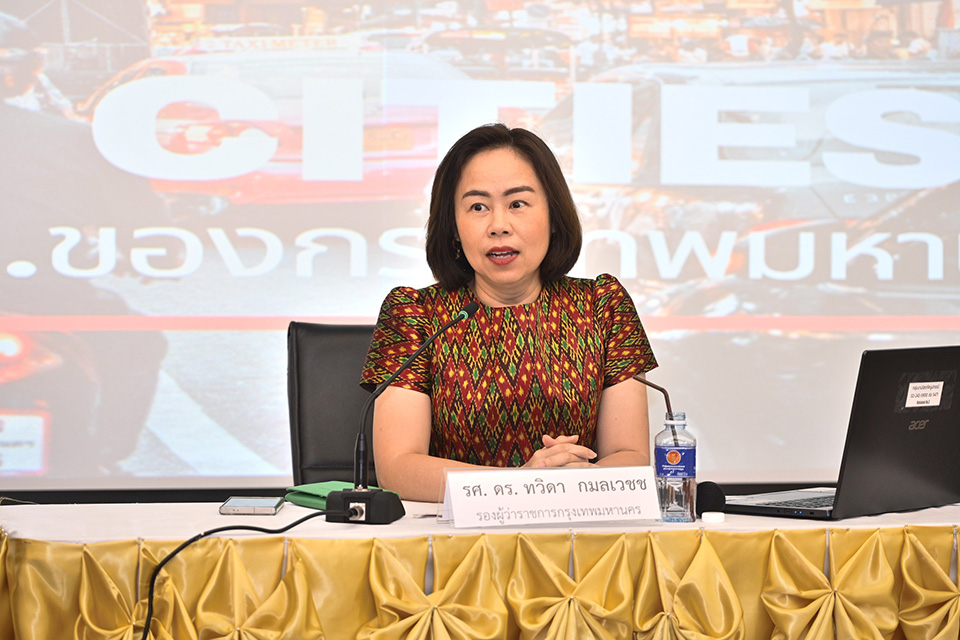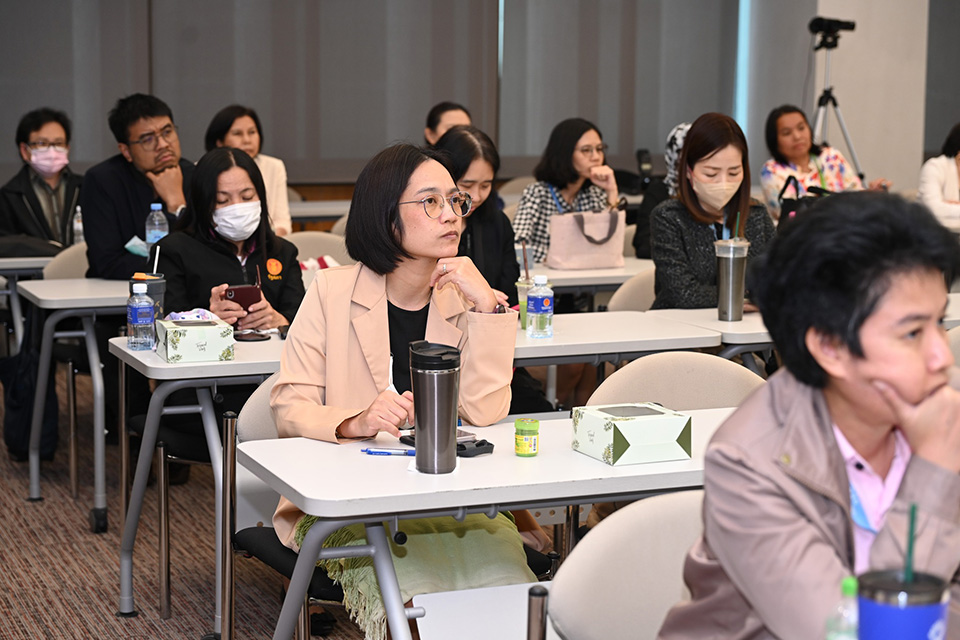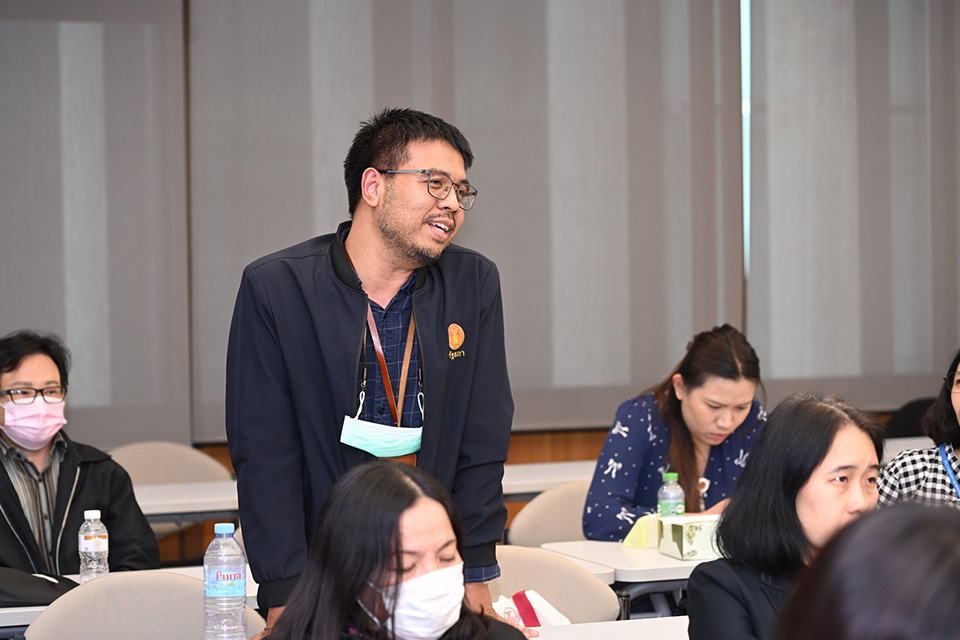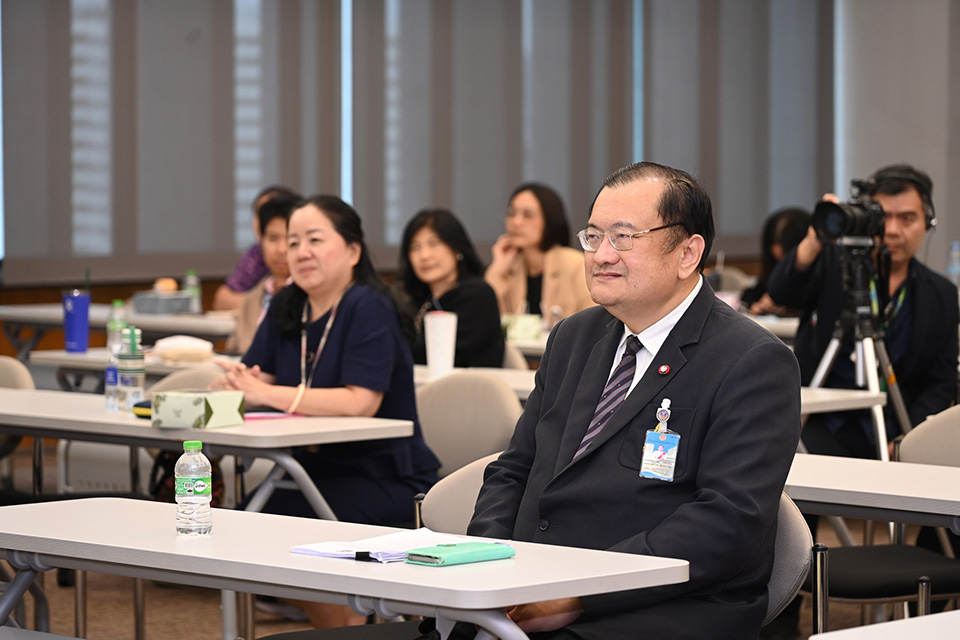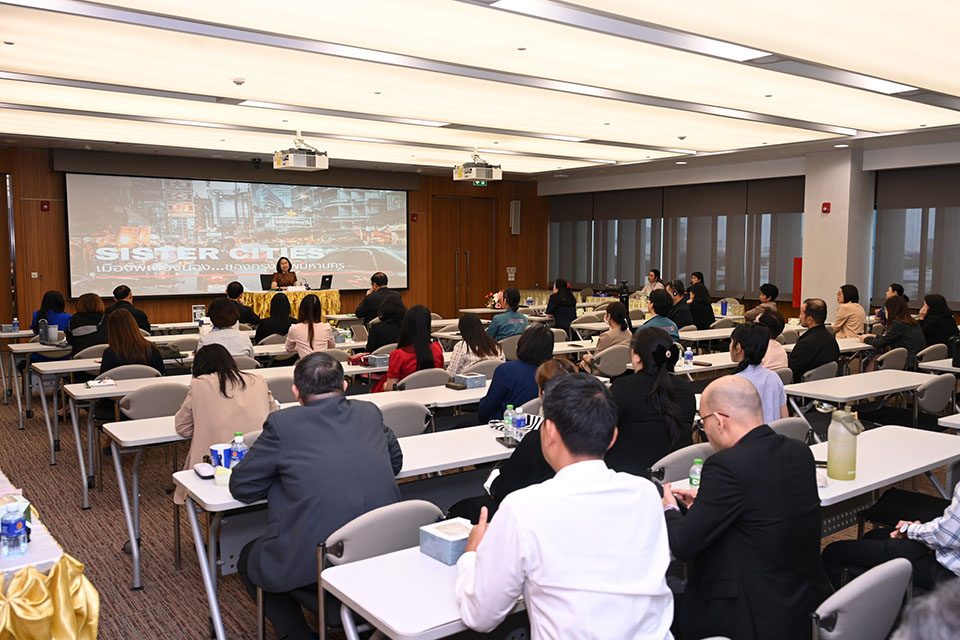
BANGKOK, Thailand – At the Parliament Building in Dusit District, September 10, Associate Professor Tawida Kamolvej, Deputy Governor of Bangkok, spoke as a guest lecturer in a program aimed at enhancing the capacity of international relations officers. The program focused on fostering activities to strengthen international relationships in support of the roles of Thai parliament members. The topic of the lecture was “Bangkok’s Sister Cities.”
During her speech, Associate Professor Tawida discussed the challenges Bangkok faces in establishing sister city relationships with other countries. These challenges are tied to the regulations and procedures outlined by Thailand’s Ministry of Foreign Affairs and the Ministry of Interior. Before entering into such a relationship, it is crucial to consider the mutual benefits and potential for collaboration between Bangkok and the prospective partner city. Once a sister city relationship is established, it allows for the exchange of knowledge and cooperation in various fields such as culture, education, economy, and urban development.
Aside from formal sister city agreements, Memorandums of Understanding (MOUs) and Letters of Intent (LOIs) can also facilitate cooperation between cities, although these forms of agreements are less formal. Despite this, they still allow for joint initiatives at the city level. Deputy Governor Tawida emphasized the importance of continuous monitoring and evaluation to ensure that these agreements align with policy directions and lead to sustainable outcomes.
The policies governing Bangkok’s sister city relationships are typically centered on exchanges and collaborations across various levels. At the city level, knowledge-sharing to address urban issues such as air pollution, waste management, and traffic is prioritized. On a people-to-people level, youth exchanges, cultural exchanges, and personnel exchanges are encouraged, alongside the promotion of Bangkok Brand products. The overarching goal is to establish Bangkok as a regional hub through these international relationships.
